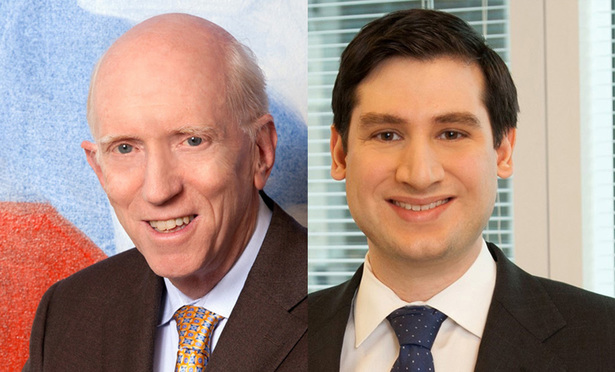The New York Civil Practice Law and Rules provide an accelerated procedure to enforce “instruments for the payment of money only” and out-of-state judgments, offering plaintiffs the opportunity to save time and money. Under CPLR 3213, plaintiffs can begin an action by filing a summary judgment motion instead of a complaint, and, if successful, can obtain a judgment while avoiding any discovery, often the most expensive phase of litigation.
However, certain procedural rules applicable to CPLR 3213—specifically, those governing return and answering dates—have been a source of confusion to plaintiffs, resulting in the denial of many motions for summary judgment in lieu of complaint. This article seeks to help practitioners avoid this confusion by examining the earliest permissible return and answering dates under the CPLR when various methods of service are used.



